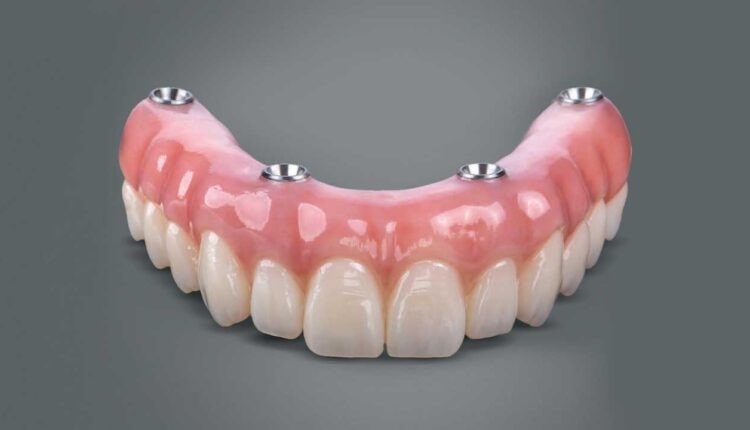Wisdom teeth removal is the extraction of your third molars — the four permanent adult teeth located in the very back of your mouth, in the upper and lower jaws. Wisdom teeth usually erupt between the ages of 17 and 21. Most people have all four of their wisdom teeth. It’s estimated that 5% to 37% of people only have some of their wisdom teeth — or in some cases, none at all.
What is the need for wisdom tooth surgery?
While not all patients need their wisdom tooth removed, problems can develop if removal is not performed.
Overcrowding
Many patients have smaller mouths and jaws, which do not allow room for the third molars to grow in properly. If these teeth do erupt, overcrowding can occur. Your teeth will begin to shift or overlap each other. Wisdom teeth that erupt after orthodontic care is completed can cause the teeth to shift and negate the work performed.
Impacted Wisdom Teeth
When wisdom teeth are impacted, they are trapped below your gum line. Impacted wisdom teeth can be very painful and may be prone to abscess and infection. The impaction can lead to decay and resorption of healthy teeth.
On occasion, if wisdom teeth are not monitored properly, their growth can shift parallel to the jaw line. They can also shift backward and eventually interfere with the opening and closing of your jaw.
Greater Potential for Decay
Even when wisdom teeth grow in properly, the location can make the teeth harder to care for. This in turn can lead to the growth of more bacteria, and create health issues later in life.
If you do not have your wisdom teeth removed, they will require continued monitoring. Wisdom teeth are just as subject to decay and other problems as the rest of your teeth. Those that appear above the gum surface can often be extracted at a dental office in a fashion similar to any other tooth extraction. Impacted teeth are normally handled by an oral surgeon.
When does a wisdom tooth need surgery?
Sometimes all four wisdom teeth erupt normally and don’t cause any problems at all. But oftentimes wisdom teeth grow in at an angle or stay fully or partially trapped (impacted) in the jawbone or under the gum tissue. This can cause a range of problems. Your dentist may recommend wisdom teeth extraction if you:
- Have dental pain near the back of your mouth.
- Trap food and debris around your wisdom teeth.
- Develop gum disease, particularly around your molars.
- Have tooth decay (cavities) in a partially erupted wisdom tooth.
- Develop a cyst (fluid-filled sac) around one or more wisdom teeth.
- Have sustained damage to nearby teeth or surrounding bone.
In many cases, healthcare providers recommend wisdom teeth extraction as a preventative measure. As a result, your dentist may suggest removing your wisdom teeth even if you don’t have any symptoms. This can help reduce your risk for future problems, including infection and tooth decay.
How is wisdom tooth surgery performed?
Your dentist may remove your wisdom teeth, or they may refer you to a specialist surgeon for hospital treatment.
Before the operation, the procedure will usually be explained to you and you may be asked to sign a consent form.
You’ll usually be given a local anaesthetic injection to numb the area around the tooth. You’ll feel some pressure just before the tooth is removed, as your dentist or oral surgeon needs to widen the tooth socket by rocking the tooth back and forth.
A small cut in the gum is sometimes necessary, and the tooth may need to be cut into smaller pieces before it’s removed.
It takes anything from a few minutes to 20 minutes, or sometimes even longer, to remove a wisdom tooth.
After your wisdom teeth have been removed, you may have swelling and discomfort, both inside and outside your mouth. Occasionally, some mild bruising is also visible. This is usually worse for the first 3 days, but it can last for up to 2 weeks.


